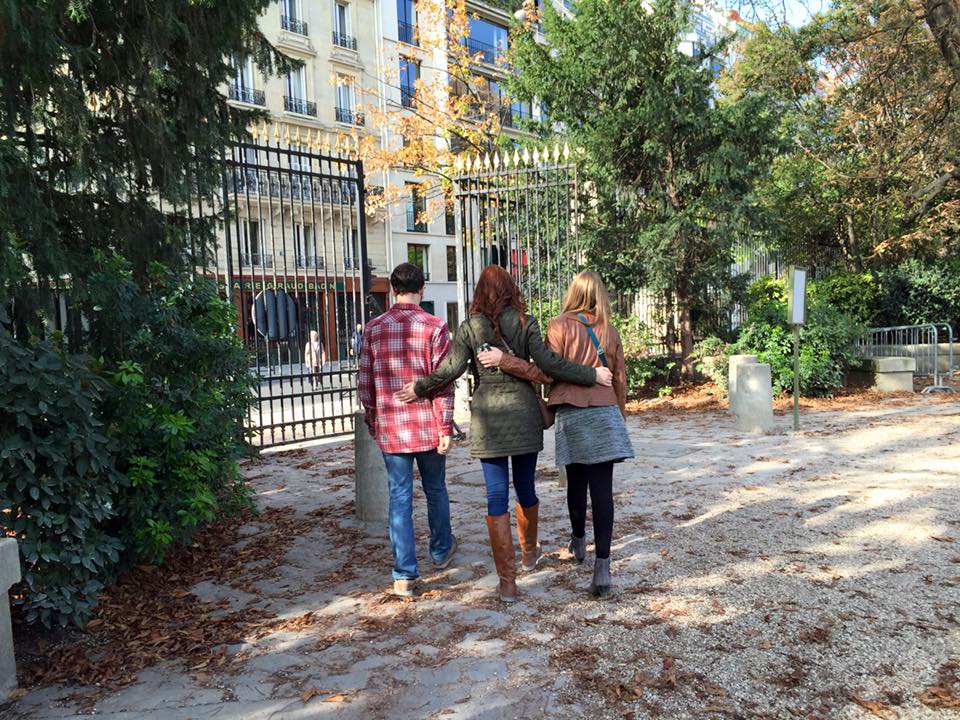Handling Relationships in College and Classes to Help You

Entering college is like entering a new phase of life that is completely different than anything you’ve experienced so far. Living with people you’ve never met, being taught by adults who are more than just teachers, and navigating potential dating interests in college are a new territory of relationships that seem daunting. Luckily at Grove City, not only is the […]
Read more